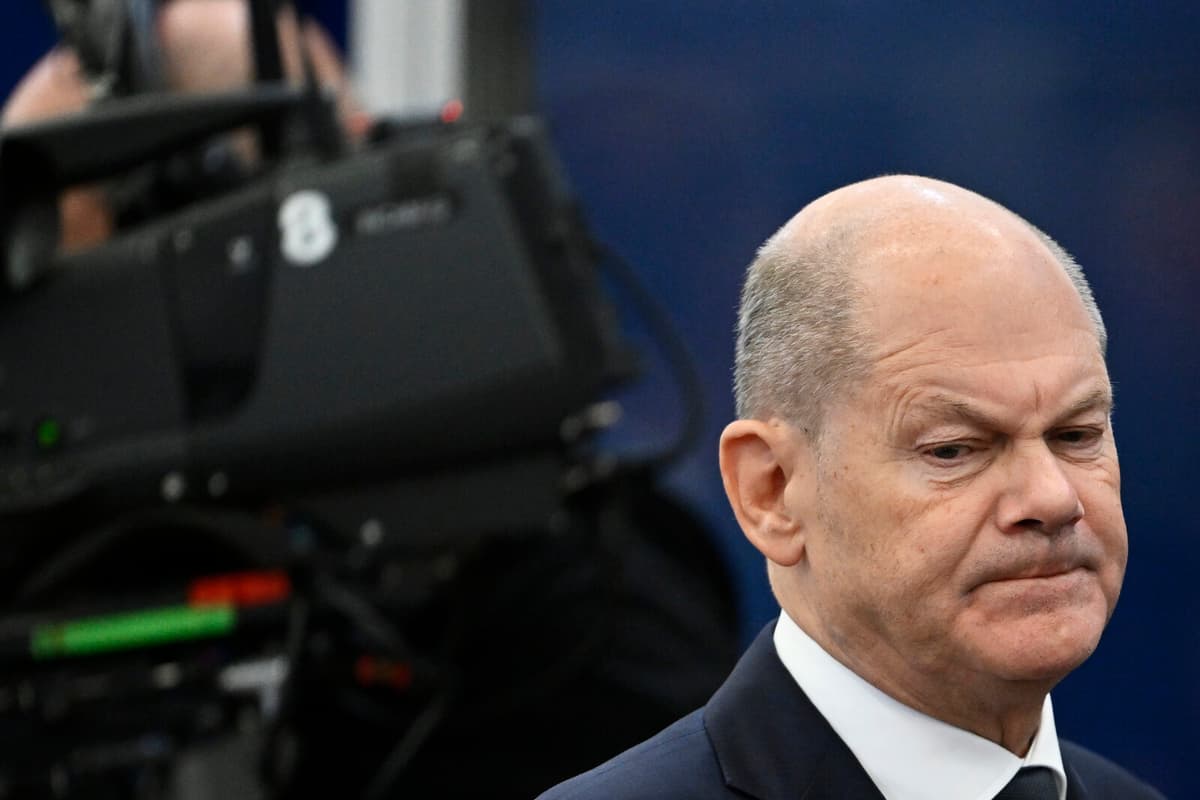Why did the government collapse?
The short version is that Finance Minister Christian Lindner (FDP) was fired. But the governing coalition of social democratic SPD, the Greens, and liberal FDP had been arguing internally for a long time. The triggering factor was a conflict over the budget.
.
When can there be new elections?
Federal Chancellor Olaf Scholz (SPD) wants a confidence vote in the Bundestag on January 15. He expects to lose and then new elections can be called for the end of March.
Opposition leader Friedrich Merz, for the Christian Democratic CDU, protests loudly. He sees no reason to wait so long, but wants Scholz to already on Wednesday ask the parliament to vote on confidence in him. Then new elections could be held at the end of January or the beginning of February. The right-wing radical Alternative for Germany (AFD) is also following Merz's line.
The SPD and the Greens will continue to govern until a new government is in place, but are wing-clipped.
.
What do the Germans think?
A fresh opinion poll shows that two-thirds of Germans want new elections as soon as possible. Only one-third wants to wait until March, as Scholz wants.
.
Which parties benefit from new elections?
The three coalition parties have had a tough time in opinion polls and Federal Chancellor Scholz has historically low confidence figures.
CDU leader Friedrich Merz has the highest confidence figures and the day after the government collapse, an opinion poll showed that his Christian Democratic Union has the support of 34 percent of voters, while SPD got 16 percent, the Greens 12 percent, and FDP 5 percent.
AFD got 18 percent in the same poll and the newly started left-wing party BSW 6 percent.
.
Why is the EU worried?
The timing could have been better. The news that Lindner had been fired and the government had collapsed came at the same time as the EU was digesting the news that Donald Trump had won the American presidential election.
The signal from EU leaders is that the union needs to take greater responsibility if it turns out that a Trump-led USA, for example, reduces support to Ukraine, weakens NATO, and withdraws from international climate work. When the EU wants to show strength, it is unfortunate if the heaviest member state is in crisis and is busy with domestic politics.
Add to that the concern that the German economy will be affected by the political crisis.






